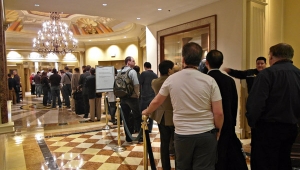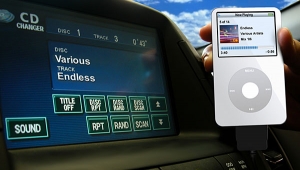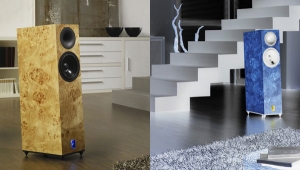| Columns Retired Columns & Blogs |
Let's not kid ourselves -- there have been major advances in audio during the last 30 years, especially in the area of "the weakest link," loudspeaker technology. Audible improvements in electronics, however, have not been as dramatic. It is sad that the potential of digital recording remains unfulfilled at the present time. I was personally saddened to witness the total demise of the analog open-reel tape recorder.


























